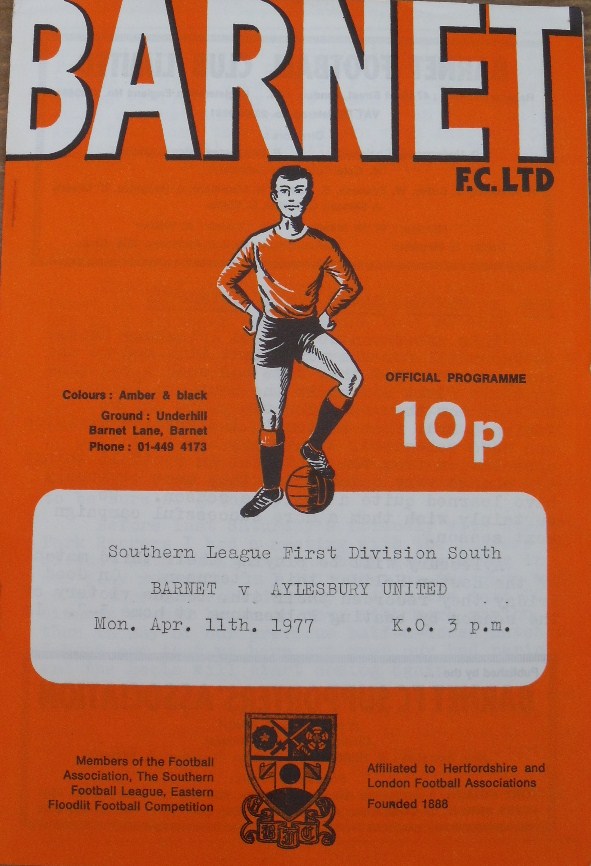Arriving at Barnet’s Hive to play Walking Football (WF), I felt that same trepidation and excitement as when I first played. I hadn’t kicked a ball in eight years and I later learned that others hadn’t done so in decades. As I looked around at this sample of middle age Britain, I realised that at 58, I was neither the youngest nor the oldest. To be honest, I looked at some of the other players and wrote them off because of their physical appearance.
LESSON ONE; never write anybody off! As we began playing regularly we got fitter, better and some rediscovered close-ball skills they thought were lost.
Coaches know that practice leads to improvement yet WF shows that this can happen at practically any age. Forgotten abilities return, albeit at a lower level and poignantly this rediscovery triggers enthusiasm and joy.
As a work-place coach I help people improve performance. Whether in an office, classroom or restaurant kitchen I know by guiding them back to their motivation, their work (with further input from technical experts) will meliorate.
I ruptured my ACL 21 years ago and consequently have a biscuit leg. Walking Football suits me and my best contributions are when I stick to the classic lean moves of STOP the ball, CONTROL, DISTRIBUTE/SHOOT. 
Even if I wanted to walk/dribble at pace I couldn’t and hope that once the sport’s laws are officialised it becomes three-touch. WF also reminds us of the value in playing economically and does not suit those that still try to go it alone.
LESSON TWO: I was coaching the directors of a group of Boutique Hotels who were getting deeply confused by overcomplicated accounts processes (management accounts, forecasts etc). I suggested comparing the whole business to a football team and to decide which player the finance office was. We settled on Defensive Midfielder because the tasks were clear; STOP (or reduce) money going out, CONTROL it once it was in (bank and log it correctly) and DISTRIBUTE it properly. We know that these functions should be undertaken by all players (and hence other departments), but by letting managers visualise the department as a particular position, it became easier to communicate to other sections.
LESSON THREE: A key technique of WF is not to pass ‘into space.’ To find your teammate you must pass to feet or risk the ball flying into touch. We learn to play to where our colleague is rather than where they will be. It’s a great life lesson; listen to peers and customers and provide what is needed right now; tomorrow may never come.
To conclude, the reduced speed of Walking Football forces re-evaluation. You’d assume that older people would readily adapt to playing slowly but strangely even with leaden legs the mind still wants you to run. Football and work activities all tap into old habits. These habits can actually change, but to facilitate this we have to slow down, contemplate and practice.
